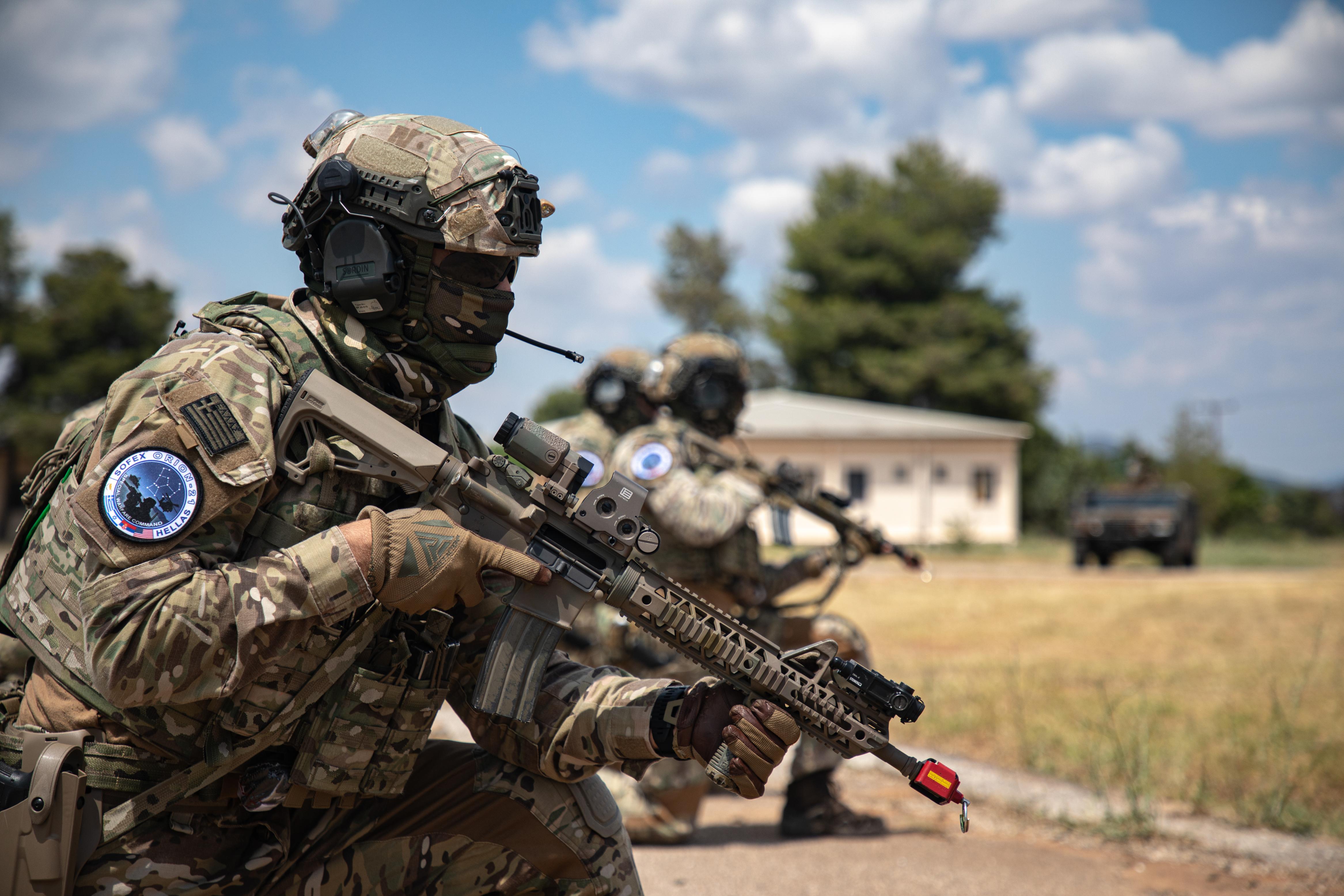The Pentagon is restructuring its special-operations forces to adapt to new global threats, shifting focus from counterterrorism to great-power competition, particularly against Russia and China. This change involves enforcing stricter discipline, including drug testing, and reducing force size, particularly among support personnel. These measures aim to maintain operational effectiveness and adaptability in the evolving landscape of international conflict.
Key Points
- Shift in Focus: The US military’s transition from counterterrorism to addressing strategic challenges posed by Russia and China requires a change in the role and function of special-operations forces.
- Drug Testing Initiatives: Both the Navy and the Army are implementing performance-enhancing drug tests among their special-operations personnel, aiming to maintain health, readiness, and discipline within the ranks.
- Force Reductions: The Army plans to reduce its special-operations force size by about 10%, mainly impacting support roles, despite concerns about the potential impact on mission success and capability.
- Historical Expansion: The US special-operations community had significantly expanded during the war on terror, with notable growth in Army Special Forces, Navy SEALs, and other elite units.
- Future Operational Focus: The reduction in troop numbers and emphasis on discipline reflect a strategic pivot, preparing special-operations units for roles that support broader military objectives in a new era of international conflict.






